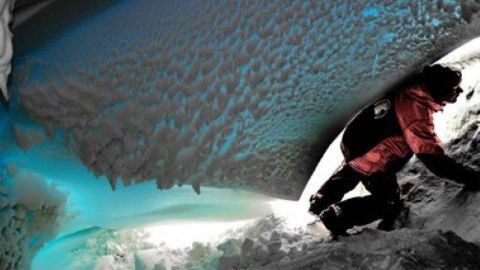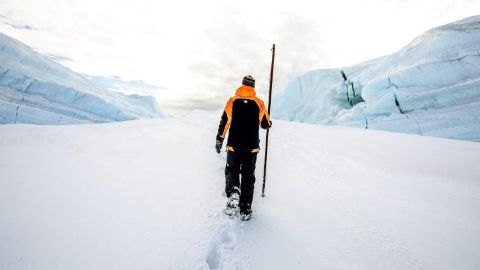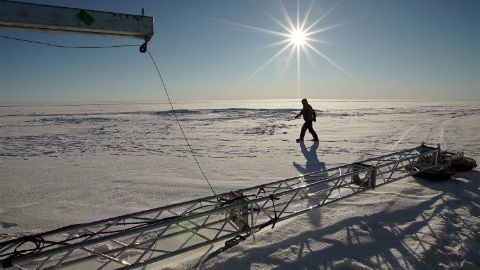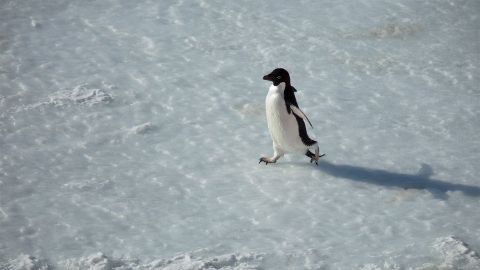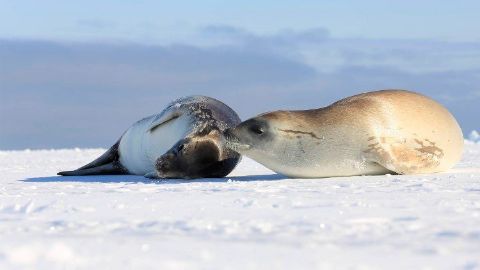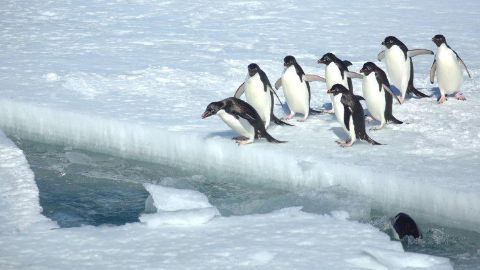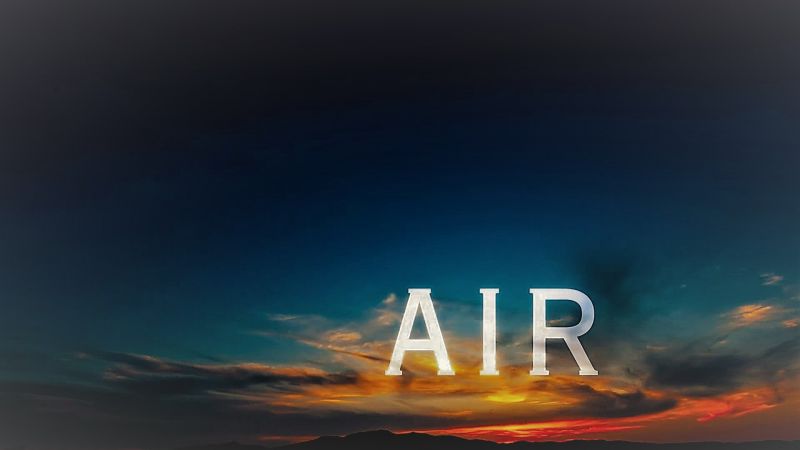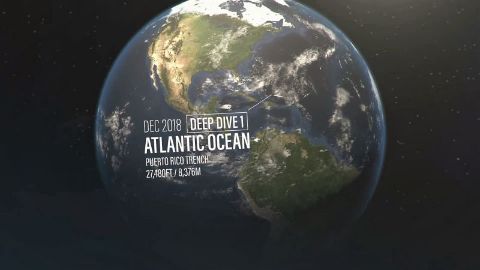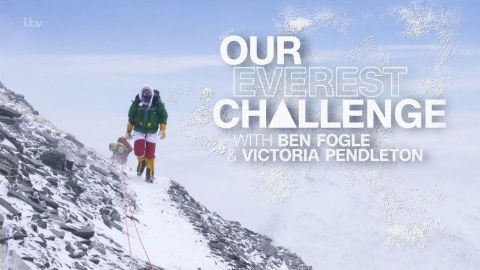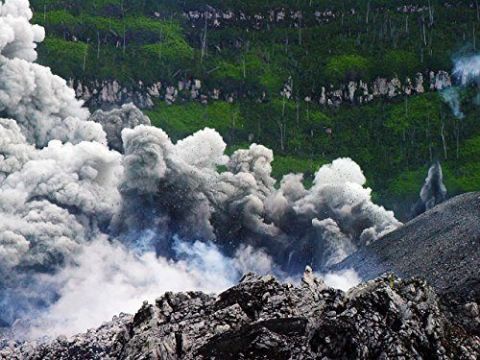Continent 7: Antarctica • 2017 • 6 episodes •
Six different teams of scientists arrive on the continent after years of planning. The continent is home to the coldest, windiest, driest conditions on the planet, and without Scott Base as their central hub, these teams wouldn't survive. Each team's results could have massive implications to better understanding how climate change is affecting life around the world.
2017 • Environment
Scientists deployed to Antarctica are accustomed to frigid temperatures, but few have experienced the condition one storm that is sweeping over Scott Base and the Ross Ice Shelf. Scott Base shuts down all missions and flights to and from western Antarctica have been cancelled; leaving them more isolated from the outside world than ever.
2017 • Environment
The Mt. Erebus team has trouble landing at one of their sites and when they do their gear glitches from the cold. Meanwhile, the USS Coast Guard gets stranded from engine failure. Another team struggles to protect their 80,000 drone from a crash landing due to extreme wind. The Ross Ice Shelf Team digs themselves out after enduring a major storm and heads toward their target research spot.
2017 • Environment
In Antarctica both humans and animals do what it takes to adapt to and survive the harshest climate on earth. Our scientists focus their research in the icy waters to determine how climate change and human interaction have affected the marine ecosystem. Human life in the Antarctic can be put in danger when the technology it relies on fails.
2017 • Environment
Science in Antarctica will shut down for the winter. Scott Base has plenty of logistics to manage in order to send teams out to finish their missions for the season. The USS Coast Guard crew is challenged by their aging ship as they try to finish cutting a channel in the ice before they escort the ship in. The Mt. Erebus team struggles to salvage as much data as they can before they go home.
2017 • Environment
As winter approaches, field teams are finishing up their science for the season. It's the last chance to obtain information for their research on the frozen continent. As most people are preparing to leave, a container ship is on its way in to supply food and materials to the skeleton crew that remains during the cold, dark winter months.
2017 • Environment
